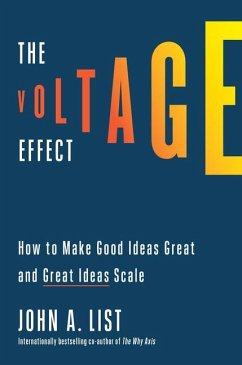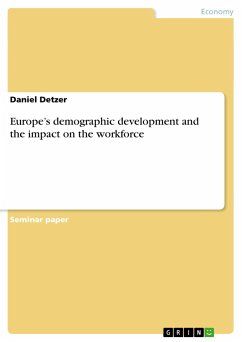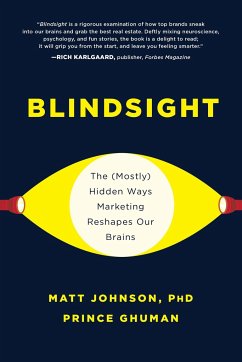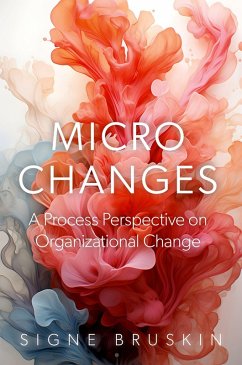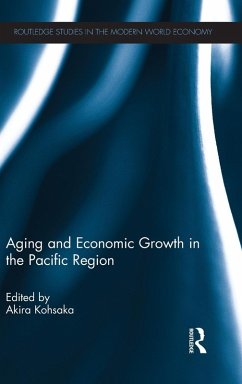Nicht lieferbar
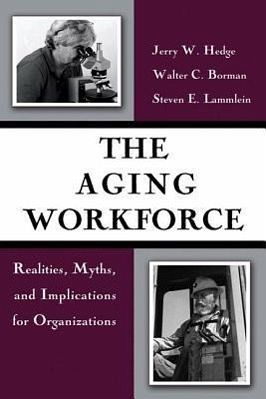
The Aging Workforce
Realities, Myths, and Implications for Organizations
Versandkostenfrei!
Nicht lieferbar
This forward-thinking book examines common preconceptions about ?the graying workforce, ? exploding myths and separating fact from fiction. Because of their professional expertise, workers over the age of 60 will continue to be important contributors to organizations. But what are their special needs, strengths, and weaknesses? How does age affect cognitive performance, job attitudes, and motivation? How do age stereotyping and employment discrimination affect older adults? What kinds of employment patterns will typify older workers? How can they best be attracted and retained? The authors of ...
This forward-thinking book examines common preconceptions about ?the graying workforce, ? exploding myths and separating fact from fiction. Because of their professional expertise, workers over the age of 60 will continue to be important contributors to organizations. But what are their special needs, strengths, and weaknesses? How does age affect cognitive performance, job attitudes, and motivation? How do age stereotyping and employment discrimination affect older adults? What kinds of employment patterns will typify older workers? How can they best be attracted and retained? The authors of this book provide ?state of the science? answers to these questions. Psychologists, policy makers, and human resource personnel will find that the discussion in this timely book provides the impetus for creative solutions to future organizational challenges.




